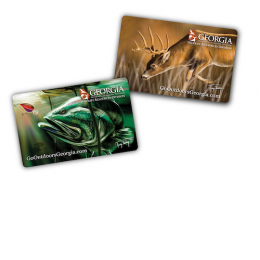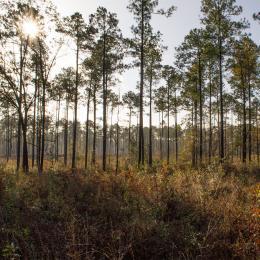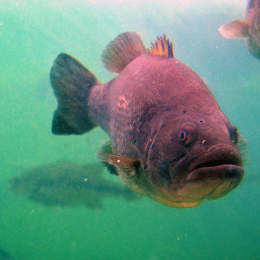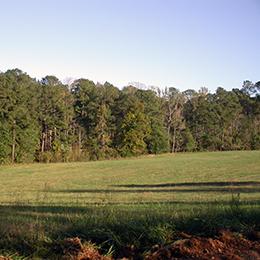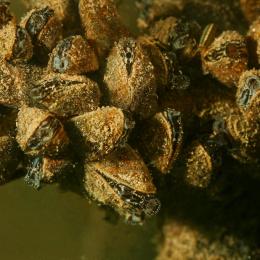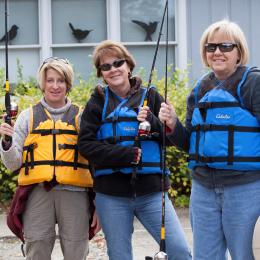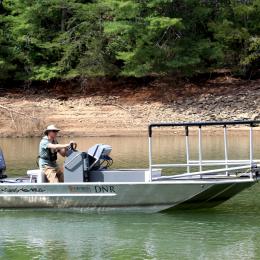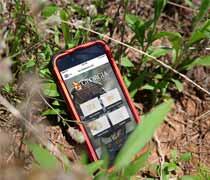The Coastal Resources Division (CRD) today released the 2019 Coastal Ecosystem Report Card, which gave Georgia’s coast a score of 80 percent, or “A-."
The Report Card is an important tool for planning restoration activities and conservation. It provides resources managers and the public with a transparent, timely, and geographically detailed assessment of the ecological health of coastal Georgia. Coastal Georgia health is defined as the progress of indicators toward scientifically-derived thresholds or goals. The 11 indicators in the report card examine aspects in human health, fisheries, and wildlife.
The coast’s good score this year can be partially attributed to positive gains in indicators including fecal coliform, Red drum and sea turtle hatchlings. This year’s grade was calculated using data primarily collected by the Georgia Department of Natural Resources’ (DNR) Coastal Resources and Wildlife Resources divisions.
“Another year of good scores for Georgia’s coast continues to show that conservation efforts by DNR, as well as nongovernmental partners, is paying off,” said Doug Haymans, director of CRD. “While there is always more work that can be done, compared to other ecosystem report cards in the United States, coastal Georgia has a very high score. Much of this can be attributed to the relatively undeveloped coastal landscape in Georgia and good stewardship by the people of Georgia.”
Ecological report cards are considered a public friendly way to provide a timely and geographically detailed assessment of ecosystems and rivers. Report cards provide a numeric grade or letter that is similar to a school report card, allowing for quick and understandable results to a broad audience.
However, the Report Card scoring is based on a twenty-point scale (100-80% = A, 80-60% = B, etc). This is the scale accepted for ecosystem health report cards (such as the Chesapeake Bay and Mississippi River) as it is able to provide a clearer picture of health. Following the typical school grading scale overall (<60% = F, 60-70% = D, etc.) would result in consistently similar grades, but does not provide information about small improvements or declines in ecosystem health. The equally divided grading scale allows for evaluation of small changes in ecosystem health, even at the very poor, poor, and moderately poor ranges.
To read the 2019 Coastal Georgia Ecosystem Report Card, visit www.CoastalGaDNR.org/ReportCard, or click here.
Members of the media may contact CRD’s communications specialist, Tyler Jones, at 912-230-9709 or tyler.jones@dnr.ga.gov



